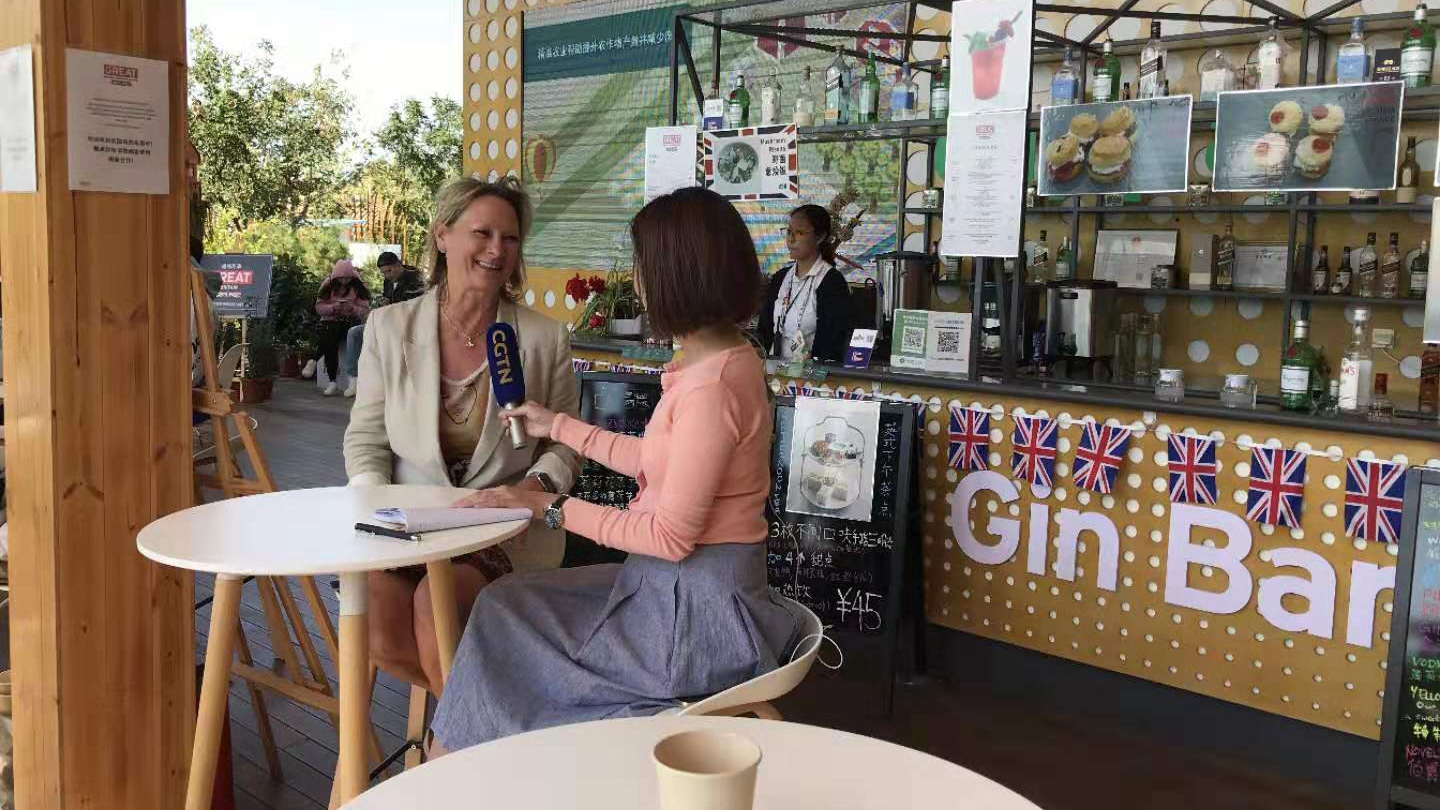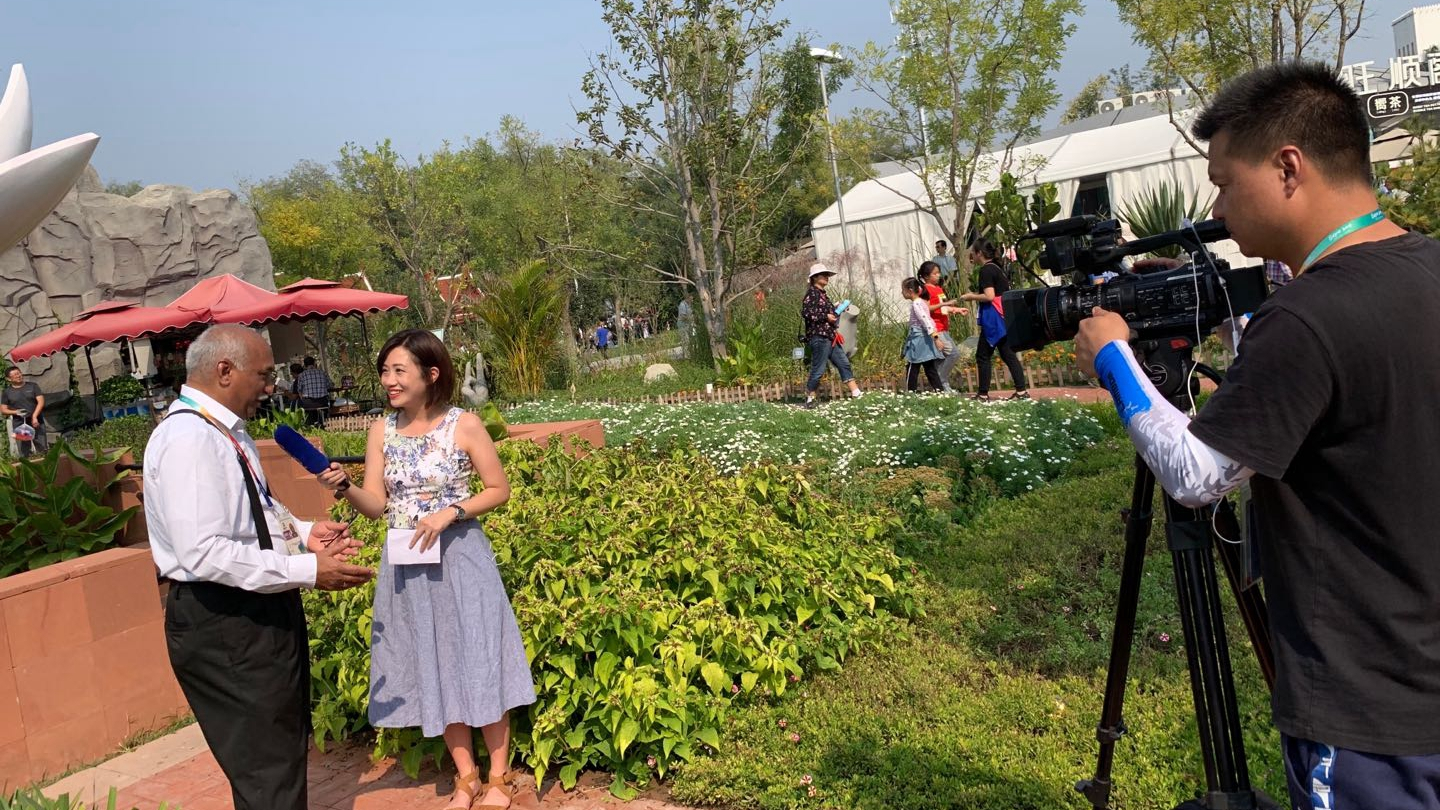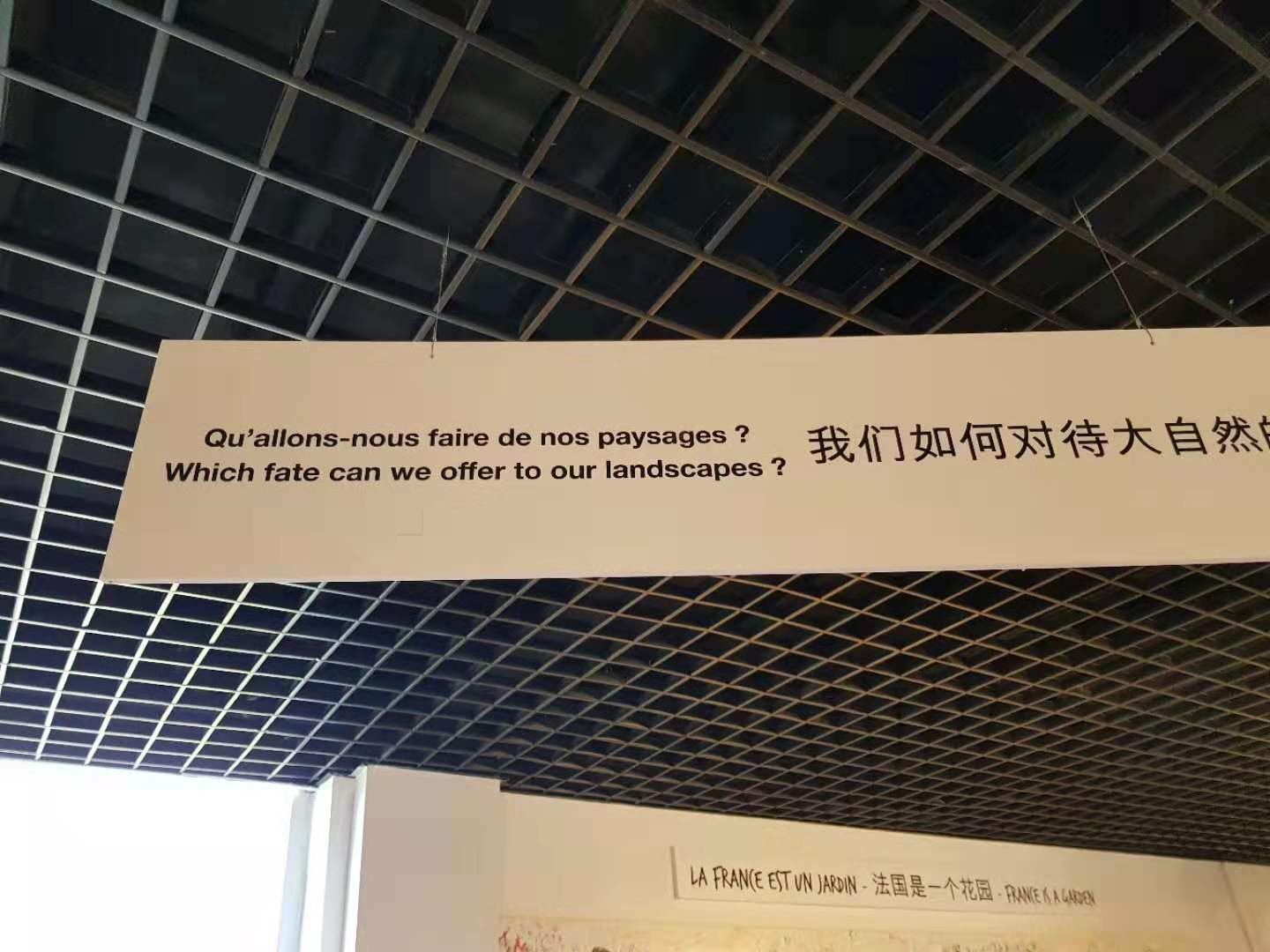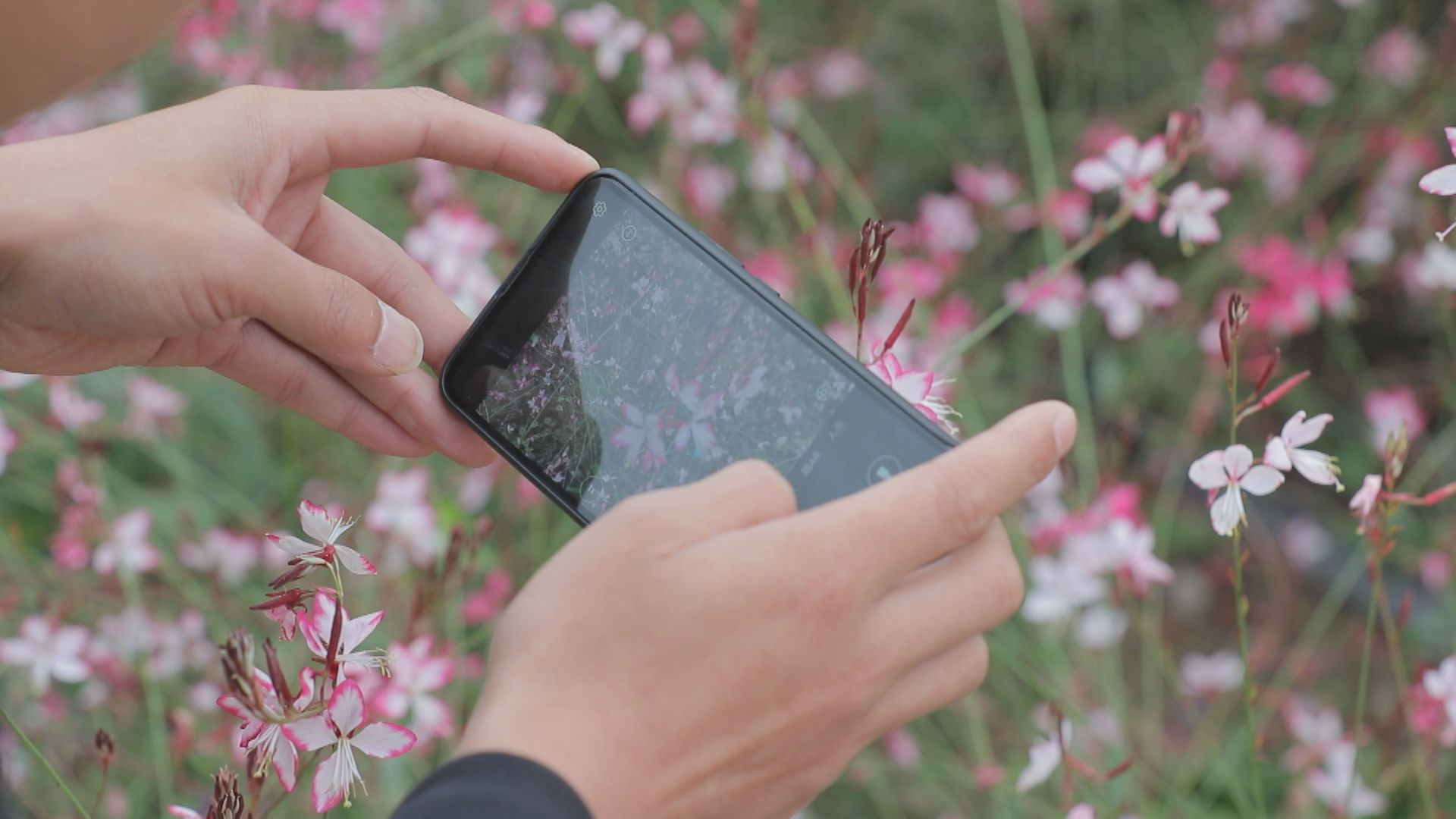03:06

As we counted down to the minutes left until the Expo officially closed on the night of October 7 – at the UK pavilion and with glasses of Pimm's in our hands, no less – I can't help but feel bittersweet.
I was done with my final live cross and deliverable at the International Horticultural Expo in Beijing, and was just beginning to start enjoying myself.
Those managing and working at various countries' pavilions were all at the Expo the entire time. A total of 162 days to be exact. Some went back and forth between their home country and Beijing during the Expo. But I, who had in total spent only about three weeks in three separate trips (before the opening, opening week, closing week) to the Expo, already felt a withdrawal of some sort.
Call me sentimental, but this Expo was really quite something.
My thoughts are shared by others: Where else can we meet people from so many countries and get exposed to their cultures – all in one venue? It isn't a strictly high-level forum where only very important people and specific communities can attend; this was an Expo for all – all ages, all backgrounds.
Of the 110 countries and international organizations that participated in the Expo, I now boast having "visited" (i.e. checked-in at the Expo) over 20 countries – with symbols of those countries stamped on my souvenir passport.
Again, I was not alone in this – the excitement was shared by kids and the elderly alike.
04:25

For Sara Everett, the UK Commissioner General and Project Director, the greatest discovery has been discovering all of China through the beautiful provincial gardens and the provincial days.
"We've been to many of them [Chinese provincial days] and met so many people; I feel I've had a taste of the whole of China while I've been here," she told me.
Other international gardens I've spoken to concur.
"We are here to introduce the Indian way of life, Indian horticulture and to make friends with the Chinese people. We are very happy with our visitors here, the Chinese people are friendly," said Narendra Nath, the CEO of India Garden Pavilion.
04:26

It didn't quite dawn on me then that the reason why I have grown a sense of attachment towards the Expo was a huge part due also to the surroundings – the fresh air and being surrounded by abundant and beautiful flowers and plants.
Everett said it ever so aptly: "This Expo has shown not just how beautiful gardens are, but how gardens can be good for us – our health; they can make us feel better."
And she has a message for all of us: we can all plant more flowers and trees, and create our own little or big gardens.
"I hope what we've shown here [at the UK garden] is that you can do that in a very simple and inexpensive way – whether you live in the countryside or in the city, you don't need to dig deep," Everett said.
"You can create small boxes of plants and flowers. We can also use all sort of recycled materials to make green spaces that are enjoyable to be in. We can all do more for the environment," she said.

Questions and apt messages on the environment at the French Pavilion at the Expo. /CGTN photo
Questions and apt messages on the environment at the French Pavilion at the Expo. /CGTN photo
At the French pavilion, I was drawn to this saying: "What fate can we offer to our landscapes?" which made me stop for a moment to ponder and think.
In our own capacity, we should be treating the environment well as "plants are our allies in improving our health" – one of my main takeaways from the pavilion. Of the many plants, I read that lemon balm is useful to calm the digestive and nervous systems. "This plant helps to relax and promotes sleep in both children and adults."
At the French pavilion, quoting research, I also learned that those who work in environments with natural elements report a 15 percent higher level of well-being and creativity than those who do not.
I may not give you a right percentage of how much happier I was, but the rationale behind it is magically true, I tell you.

Research by the University of Exeter shows that having houseplants in work environments increases one's productivity. /CGTN photo
Research by the University of Exeter shows that having houseplants in work environments increases one's productivity. /CGTN photo
Even the elderly I managed to speak to felt the same.
"I plan to re-arrange my flowers when I get home, and apply what I've learned from others. When the environment is good, it can benefit our morale and spirit. After coming here, I can feel happy for days on end!" said one 70-year-old visitor.
Also, chatting with volunteers and hearing how they have enjoyed and gained so much from this stint, I almost wished I was back in university and had this opportunity to volunteer as well.
At the Expo, I made many new friends from countries I was rather foreign to previously. One of them was Guyana.
"We're the only country in South America whose official language is English; and even though we're geographically located in South America, our history and culture is Caribbean," Elsie Harry, a student at Beijing Jiaotong University, told me.
Harry is studying urban and rural planning on a Chinese government scholarship and is grateful for the opportunities given by her university. "For example, I got to wear a Chinese 'qi pao' and was a hostess for my school's new campus. I got the opportunity to participate in an urban planning conference in Chengdu and that's usually reserved for officials, so as a student I really appreciated it."
03:02

Tim Briercliffe, Secretary General of the International Association of Horticultural Producers, said the Expo was outstanding and greater than anything he has seen in the past.
"I think what we have seen more here than anywhere else is the involvement of new countries and new governments within the whole area of horticultural expos – bringing their own thoughts and ideas on how to green cities, how to use plants to develop cities in the future," he said.
"China and this Expo here in Beijing have enabled many more countries so it will change the world."
And one of the legacies of this Expo, according to Briercliffe, would be the message on the importance of ecological development for cities around China – "and that message will be shared around the world."
From strangers to friends, from now being more aware about the benefits of plants in our daily lives, and from learning about countries a little more…
As a journalist, the Expo has served its purpose.